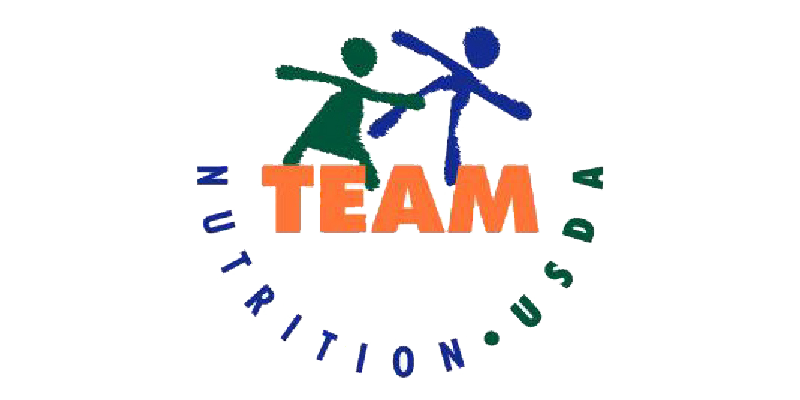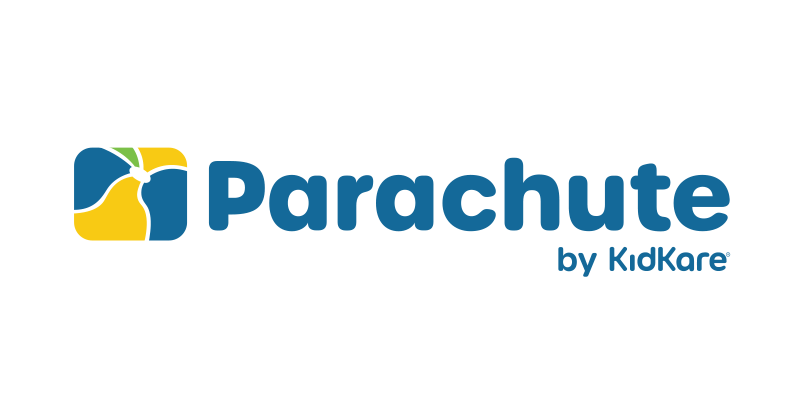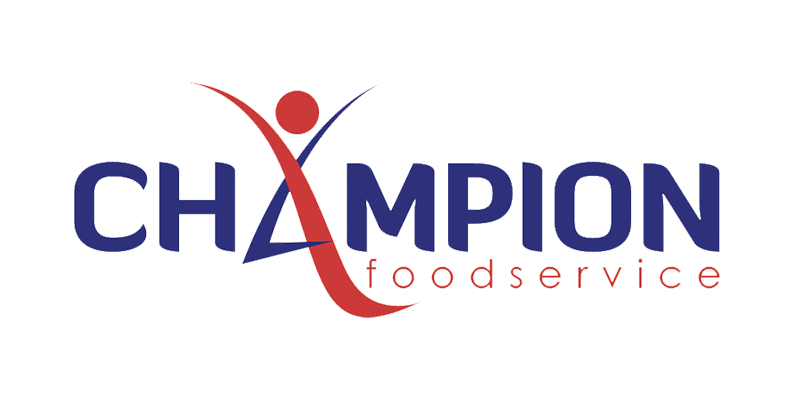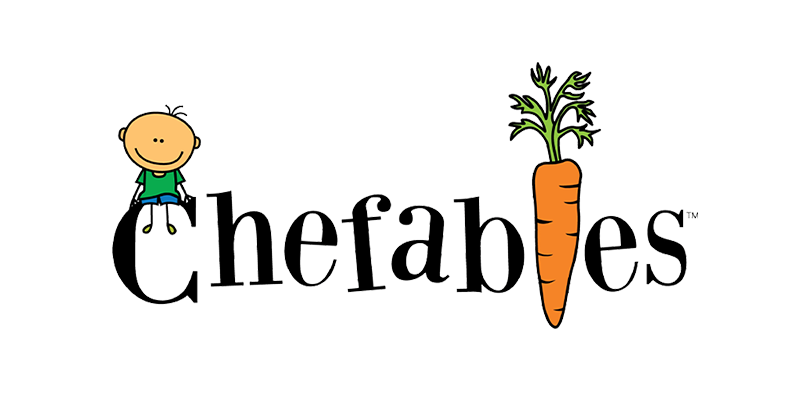Postconference Academy
These sessions are two-hour deep dives in a classroom setting. Pre-registration is required.
There will be two time slots for postconference academies on Friday, April 17.
Standard Registration
- $59
Late Registration
- $79
Onsite Registration
- $129
8:00 am - 10:00 am
Looking for comprehensive CACFP training for new or seasoned CACFP operators working in child care centers, family homes or adult day care centers? Review annual training topics including meal patterns, meal counts, claims submission, review procedures, recordkeeping requirements, monitoring requirements, reimbursement system, Civil Rights and important updates in the CACFP, as well as learning how to identify breakfast cereals and yogurts that follow the CACFP added sugars limit regulation. ~ CEU Specialty 2, All Levels
- Learn how to maintain compliance in the CACFP.
- Explore useful tools and resources to help you operate the CACFP.
- Evaluate added sugars in breakfast cereals and yogurts to make sure they meet CACFP regulations.
Presented by: Isabel Ramos-Lebron, MS, RDN, LD, National CACFP Association
Take a deep dive into the proper safety protocols that allow for peace of mind in your kitchen. Prepare yourself with the skills to become a protective force by exploring the four key concepts of the USDA Fight BAC program: Clean, Separate, Cook, Chill. Developed specifically for childcare providers in the CACFP environment, it provides four hours of face-to-face food safety training. ~ CEU Specialty 6, Beginner
- Learn proper personal hygiene practices to follow in child care settings.
- Describe ways food can be contaminated and get methods for prevention.
- Discover methods for cooking, reheating and chilling food to minimize risks.
Presented by: Liz Dixon, MS, Institute of Child Nutrition
*This is one four-hour training that will take place over the course of both postconference sessions.
Tailoring CACFP Meals: The Role of Medical Statements in Special Diets
Medical statements have an important role within the CACFP. Do you know when they are required? Are you confident in your menu planning when you have one on file? Gain a deeper understanding of how medical statements support accommodating special diets, including food allergies and milk substitutions, ensuring that all participants receive appropriate and nutritious meals. Learn how to create an inclusive and supportive meal environment for those in your care. ~ CEU Specialty 1, Intermediate
- Understand why medical statements are necessary in the CACFP.
- Engage in practical exercises to develop strategies for addressing various dietary needs and preferences, while staying in compliance.
- Gain insights into common dietary restrictions and learn how to adapt meal planning to meet these needs.
Presented by: Melinda Nguyen, MS, RDN, LD, National CACFP Association
10:30 am - 12:30 pm
CACFP Recipe Development for Centers
Discover how to transform everyday recipes to meet the nutritional standards of the CACFP. Explore the process of finding, evaluating and modifying recipes to provide meals to large groups at child care centers. Learn step-by-step techniques to increase serving sizes, adjust ingredients and accurately enter everything into the Food Buying Guide (FBG) with confidence. ~ CEU Specialty 1, Intermediate
- Understand how to modify and adapt CACFP creditable recipes.
- Discover key tips on standardizing recipes.
- Demonstrate hands-on skills in recipe adaptation.
Presented by:
Melinda Nguyen, MS, RDN, LD, National CACFP Association
Isabel Ramos-Lebron, MS, RDN, LD, National CACFP Association
CORE Training: Management Plans
Discover the purpose and requirements of management plans and their link to the CACFP performance standards. Engage in individual and group activities to learn how to evaluate, monitor, revise and submit effective plans. Gain best practices to ensure your management plan supports program success and compliance. ~ CEU Specialty 6, Beginner
- Identify the purpose and requirements of a management plan.
- Learn how to evaluate, monitor, revise and submit a management plan.
- Get management plan best practices for program success.
Presented by:
Cherese Myree, CFE, MH Miles Company, CPA, PC
Arnette Cowan, MS, RDN, MH Miles Company, CPA, PC









